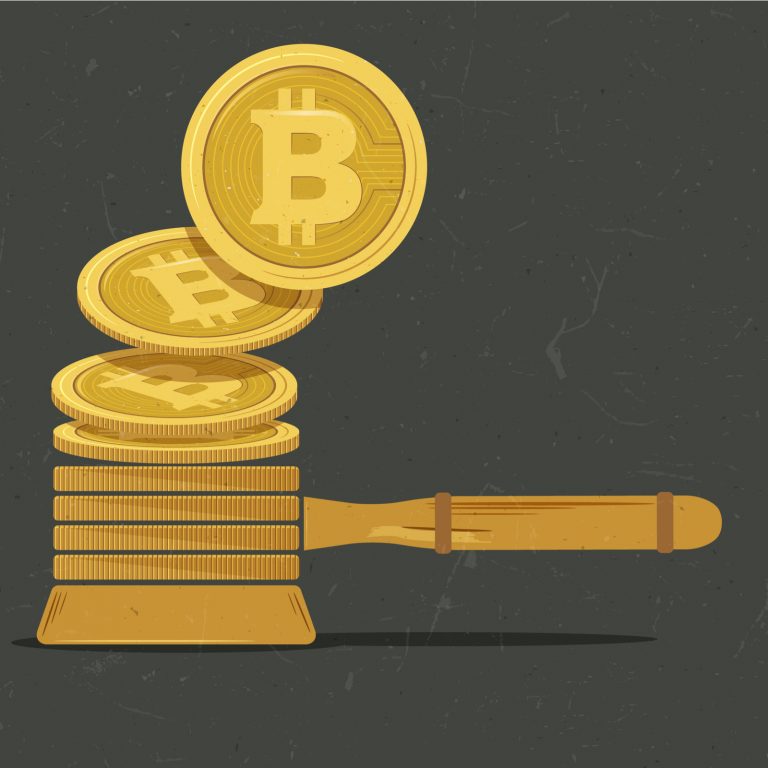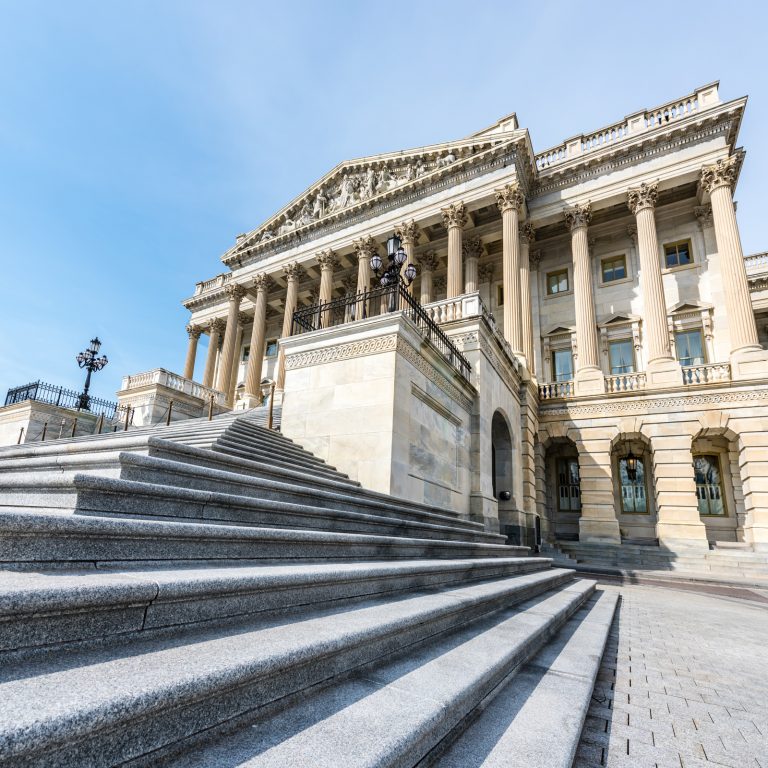2023-5-11 22:45 |
The dawn of digital finance has seen the rise of a new asset class – cryptocurrencies, challenging traditional financial norms and regulations. However, their volatility, speculative nature, and potential for misuse have necessitated regulatory oversight by the US Securities and Exchange Commission (SEC).
The SEC, a body traditionally responsible for securities oversight, has found itself at the center of this new financial frontier. But does it fit the bill?
Understanding Crypto: A New Financial ParadigmCrypto operates on technology fundamentally different from conventional finance. It is a digital asset secured by cryptography, and built on blockchain technology – a decentralized, distributed ledger.
Unlike traditional currencies, cryptocurrencies are not controlled by a central authority like a government or a central bank. Bitcoin, the first and most popular crypto, introduced this groundbreaking technology, and thousands of “altcoins” have since followed.
The decentralization and lack of central control are not just technological quirks. They are integral to the very ethos of cryptocurrencies – the idea of a democratized financial system. However, these very features pose challenges for regulatory bodies like the SEC.
The SEC Crypto Regulation: A Mismatch?The SEC was established to regulate securities – traditional financial instruments like stocks and bonds. Its role is to protect investors, maintain fair and efficient markets, and facilitate capital formation. But cryptocurrencies, with their unique characteristics, do not fit neatly into these traditional categories.
For example, the SEC crypto regulation approach to defining cryptocurrencies as securities has been controversial. While some cryptocurrencies might function similarly to securities, many others do not.
Cryptocurrencies can act as a medium of exchange like Bitcoin. On the other hand, a utility token can provide access to a service, like Filecoin. Meanwhile, a stablecoin is pegged to reserve assets, like Tether.
Blockchain Use Cases. Source: StatistaThe application of traditional securities laws to such a diverse range of digital assets has been fraught with ambiguity and legal challenges.
For instance, the SEC’s ongoing lawsuit against Ripple Labs hinges on whether XRP, a cryptocurrency used in Ripple’s payment ecosystem, is a security. The outcome could set a significant precedent for the entire cryptocurrency industry.
Likewise, a case involving crypto exchange Coinbase has raised the specter of widespread litigation against crypto companies. The outcome of this case could potentially open the floodgates to a wave of lawsuits against crypto companies, slowing down the pace of innovation and growth in the industry.
“If crypto exchanges are not able to use private arbitration to settle disputes, we will be entering a stage of litigation, an expansion of ‘litigation nation’ for this industry, that we have never seen before,” said financial expert and investor Seth Taube.
The prospect of such a “litigation nation” could deter investors and entrepreneurs from entering the crypto space, thereby stalling the evolution of the crypto industry. This highlights the urgent need for the SEC crypto regulation approach to shift from litigation to building a comprehensive regulatory framework that encourages innovation while protecting investors.
Crypto Regulation: The Need for a Tailored ApproachRegulating crypto effectively will require a tailored approach. Cryptocurrencies’ unique attributes and the technology underlying them should be taken into account in the regulatory framework. Regulatory clarity could significantly boost the crypto industry, offering certainty for innovators and investors alike.
Crypto regulation should aim to balance investor protection with fostering innovation.
Over-regulation could stifle the industry, deter new entrants, and even drive existing businesses to more crypto-friendly jurisdictions. Under-regulation, on the other hand, could leave investors vulnerable and the market open to manipulation. Striking the right balance is crucial.
The global nature of cryptocurrencies also means the SEC cannot act alone. International cooperation will be essential in developing a coherent regulatory framework.
Crypto Regulation Worldwide. Source: StatistaAs crypto transcends borders, regulatory arbitrage – where businesses move to jurisdictions with lighter regulation – becomes a potential issue. Regulators worldwide need to engage in active dialogue to address this.
Although a vital institution for traditional securities regulation, the SEC crypto regulation seems unfit. A new, flexible, and forward-looking regulatory approach is needed. Especially one that can adapt to the pace of innovation in the crypto market.
Only then can it ensure a regulatory environment that fosters growth, protects investors, and allows the transformative potential of cryptocurrencies to be fully realized.
The Imperative of Crypto Education and Public AwarenessIn the meantime, as regulatory bodies grapple with the task of devising an appropriate framework, there is an urgent need to educate and inform the general public about the nuances of crypto. This requirement for public awareness stems from the high-risk nature of crypto investments.
Educating potential investors about the volatility of the market, the speculative nature of crypto, the importance of diversifying their portfolio, and the need to invest only what they can afford to lose is critical.
By empowering the public with the right knowledge, some of the risks associated with investing in crypto can be mitigated.
Crypto Adoption Worldwide. Source: StatistaCrypto exchanges can play a vital role in educating the public. Since they are the primary platforms for buying and selling crypto, they are often the first point of contact for new investors. For this reason, they have an important role to play in ensuring compliance, protecting, and educating their users.
In the absence of a robust regulatory framework, it is crucial that exchanges adopt stringent security measures, maintain transparency, and employ educational programs to protect their users. This includes ensuring the privacy of transactions, safeguarding users’ assets, and taking steps to prevent fraud.
Time for a Regulatory RethinkThe potential of crypto is immense. The decentralized nature can lead to financial democratization. It can give people who the conventional financial system access to financial services has traditionally been underserved. Moreover, crypto offers a level of privacy and security that traditional banking systems often cannot provide.
This potential is in reach only if the right regulatory framework is in place. With its current mandate and approach, the SEC appears unfit to regulate this new asset class. Cryptocurrencies need a regulator that understands their uniqueness and is flexible enough to adapt to their rapidly evolving nature.
Indeed, it requires a deep understanding of the technology, a vision for the future, and the agility to keep up with the rapid pace of innovation.
The call is not for less regulation but for smart regulation. One that provides clarity and confidence to investors and innovators alike encourages growth rather than stifling it, and truly understands and respects the unique nature of crypto. This, in turn, calls for a regulatory rethink, and there is no time to waste. The future of finance is already here.
The post The US Securities and Exchange Commission Is Unfit to Regulate Crypto appeared first on BeInCrypto.
origin »Bitcoin price in Telegram @btc_price_every_hour
Safe Exchange Coin (SAFEX) на Currencies.ru
|
|



















